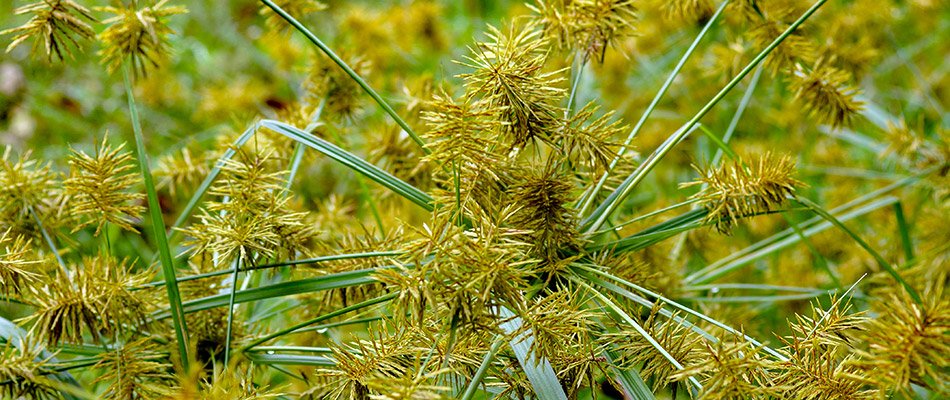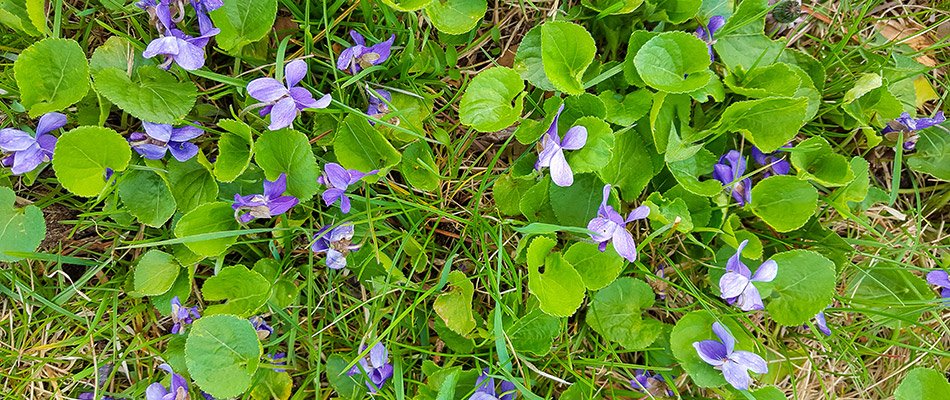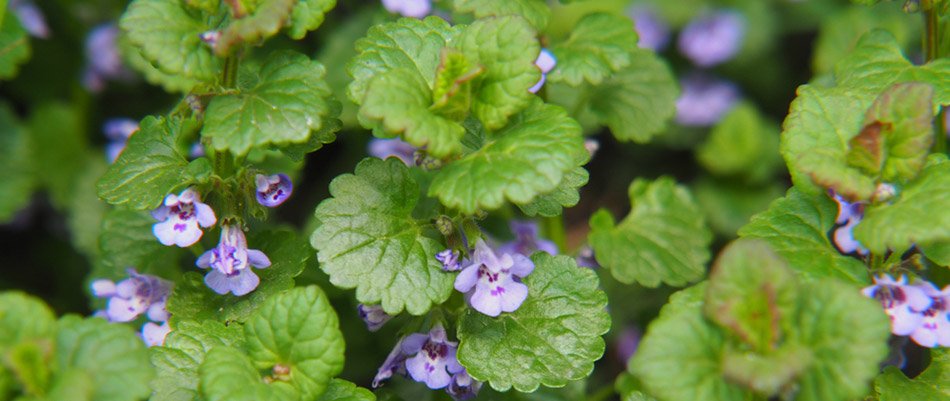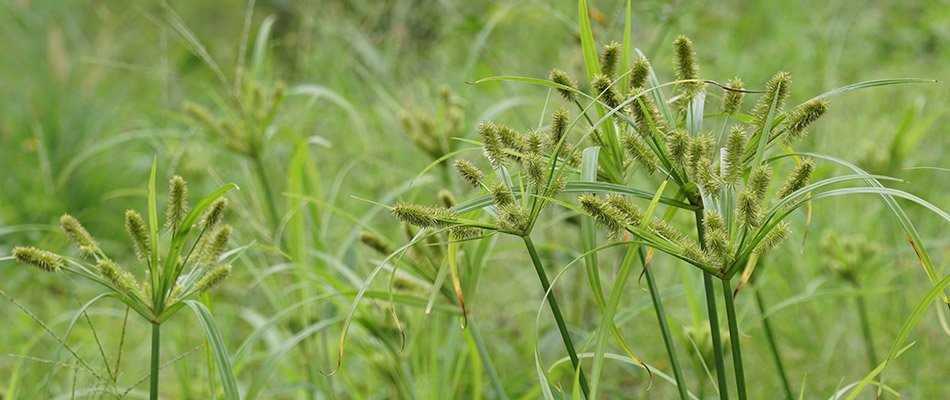As responsible homeowners, it's good practice to be proactive and vigilant when looking out for our lawn. Being vigilant could mean pulling out unsightly weeds whenever we see them because we think that is the best option to stop them from growing further. However, some weed species, like yellow nutsedge and wild violet, are stubborn, and pulling them could just trigger more growth. This is because some weeds reproduce through their root system that is activated when pulled.
Let's talk about some perennial weeds that produce more plants after being pulled so you can take precautions when you see them in your yard.
1. Yellow Nutsedge

The yellow nutsedge is a monocot and a perennial weed that can quickly reproduce when pulled out. This is because it has an underground layered root system where its interconnected rhizomes will react by growing another plant or tuber when part of it breaks. Carelessly pulling them out will result in further plant growth since the yellow nutsedge can propagate swiftly.
Commonly found in Indiana, the invasive yellow nutsedge thrives on all soil types making it harder to eradicate. The yellow nutsedge shoots from the ground in late April or May. The weed's germination begins in spring after being dormant in the winter.
The best ways to manage yellow nutsedge is through:
- Growing and maintaining a robust lawn that can effortlessly compete with weeds
- Avoiding mowing your turf too short or leaving your soil moist because that's where they thrive
- Applying herbicides equipped to deal with the persistent yellow nutsedge
2. Wild Violet

Wild violets are perennial broadleaf weeds propagating under the soil through their rhizomes where tubers will appear when cut. These weeds are located in shaded areas, and their seeds germinate under moist conditions. According to Purdue University, a wild violet species called yellow violet commonly grows in Indiana.
Although its purple petals may fool many homeowners into thinking that it is a pretty flower, wild violets are still stubborn weeds that compete for nutrients and oxygen with your other plants. They are also invasive and can aggressively invade your lawn, destroying the stunning landscape that you have worked so hard to achieve.
Given the weed's perennial life cycle, controlling wild violets is best done during fall because the plant is actively preparing for its dormancy in the winter. When pulling out wild violets, you must ensure to take out the whole root to prevent regrowth.
3. Clover

The clover is another perennial broadleaf weed that has creeping stems called stolons instead of rhizomes and tubers. Clovers are low-growing, leguminous weeds that spread when roots grow from nodes that run just along the soil surface.
The unwanted growth of clovers can disrupt your desired landscape design because of its low-growing structure that can take over your turf. They also grow in patches that do not match your turf, thus decreasing your curb appeal.
Enhancing your lawn's health and density can help manage and prevent clovers from growing.
4. Ground Ivy

Ground ivy, also known as creeping Charlie, is also a perennial broadleaf weed that grows even in the shade and can easily invade your lawn. This weed spreads through stems that remain above the ground called stolons where roots grow from its nodes.
We don't recommend mowing ground ivy or pulling it by hand without following the right directions as it will actually instigate more roots to grow from their nodes.
Controlling this weed requires turf maintenance through trimming trees and fertilizing the grass. Ensuring that your lawn is thick and receives enough sunlight will also discourage the weed's growth. The use of post-emergent herbicidal weed control is another effective way of controlling its growth as long as applied correctly to avoid affecting your desirable plants.
Remove invasive weeds through our weed control services. Call us today!
Weed control that goes to the root of the problem is what your lawn needs. This job requires experienced professionals who know how to eradicate weeds, and that's what we provide here at Grow Pros Lawn Care, LLC.
We provide weed control services that use post and pre-emergent weed control solutions to remove existing weeds as well as prevent weed seeds from growing in your lawn. We also offer other services such as fertilization which helps prevent regrowth. Residential and commercial properties in the Elkhart and Granger, IN areas have experienced our top-notch weed control services for almost a decade. Talk to our experts today at (574) 326-3526 for an estimate.



Comments (0)
Thanks for your comment!
Thanks for your feedback! Your comments have been successfully submitted! Please note, all comments require admin approval prior to display.
Error submitting comment!
There is a problem with your comment, please see below and try again.